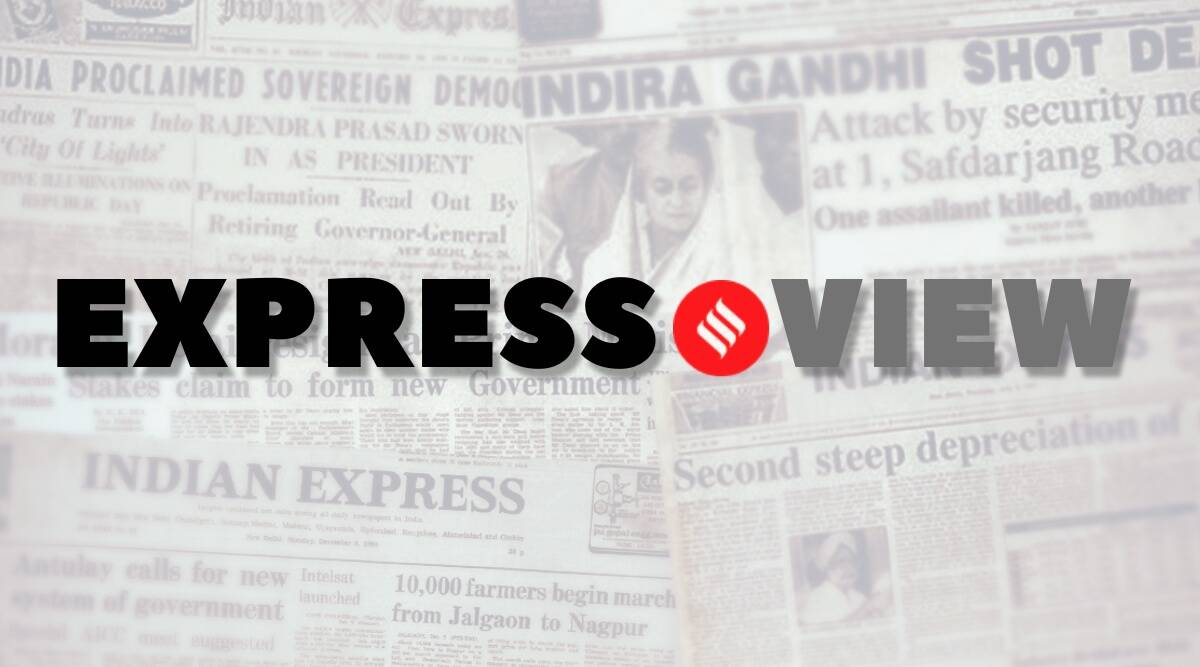 Those expecting potential moderation in policies in Xi’s third term have been disappointed.
Those expecting potential moderation in policies in Xi’s third term have been disappointed.In any political system — liberal, communist or authoritarian — there is always some pressure on the leader who gets a country into a mess to step down. But in the Chinese Communist Party, the opponents of the Leader are the ones who get booted out. The last day of the week-long 20th Congress of the CCP — which convenes every five years — saw President Xi Jinping’s immediate predecessor, Hu Jintao, escorted out against his will, in full view of the 2,300 delegates. Whether it was intended or not, the cameo captured the essence of the current political moment in Beijing. Hu presided over an era of rapid economic growth, a measure of internal liberalism, widening global footprint, deepening relations with major powers and neighbours, a new salience in global institutions, and a surge in Beijing’s soft power. Ten years after he took charge from Hu, there is no escaping Xi’s dismal record. He handled the Covid pandemic in disastrous fashion, slowed down the Chinese economy, pushed China into conflicts with the West and Asian neighbours, alienated much of the world with an aggressive foreign policy and “wolf warrior” diplomacy.
How did the CCP, then, give him an unprecedented third term as the leader of the party? It is not that the cadres of the Chinese Communist Party are political sheep blindly following their leader. The CCP has always been animated by internal politics and contentions over economic and social policies. But Xi has been rather good at outmanoeuvring his opponents in the CCP. He served as vice president under Hu for five years though he now denigrates those years as a time of weak leadership, political drift and rampant corruption. He weaponised an anti-corruption drive to eliminate his opponents, snuffed out the few freedoms that emerged under Hu, developed a surveillance state, dismantled collective leadership, concentrated power in his hands and promoted a personality cult. The 20th Congress has not only endorsed these “achievements” of the last decade, but has also allowed Xi to stack the politburo with his loyalists. The real challenge for strong men begins, however, when they gain full control over nations. Unchecked power and a pliant establishment inevitably lead to political hubris and costly policy blunders.
Those expecting potential moderation in policies in Xi’s third term have been disappointed. Xi has nothing new to offer, only continuity with tighter political control at home, further privileging of the state against markets, and more assertive policies abroad in the name of nationalism. It is reasonable to assume that the multiple contradictions generated by Xi’s authoritarian rule will eventually come to the fore. For the near term though, Delhi must cope with the prospect that India’s relations with China will sink lower in Xi’s third term. As Xi promises to build a world class military to back his expansive geopolitical ambitions, and wants to seize claimed territories in China’s periphery, Delhi will have to work harder and a lot faster to blunt the challenge from Xi’s China to India’s interests.